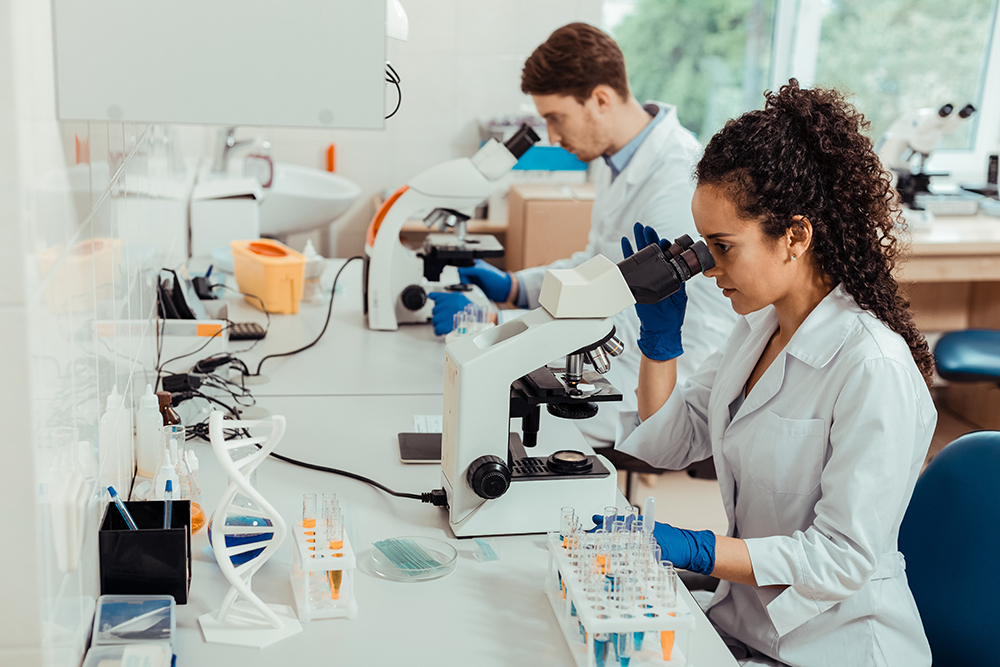The importance of biotechnology patents

Biotechnology deals with the application of cellular and molecular biology to create or change products or processes. Scientists are pinning their hopes on biotechnology as it is expected to make breakthroughs in various key sectors including health, food, energy and environment. Due to its high degree of importance in daily life, biotechnology patents must be registered in accordance with the relevant intellectual property laws and procedures in the relevant territories.
Key challenges to biotechnology patents
Patent eligibility criteria are the first gray area when it comes to patenting a biotechnology in any jurisdiction. Although the patentability standards set forth in all patent laws apply almost equally to all types of inventions, their application to biotechnology varies slightly. Unlike other fields, several distinct characteristics exist in biotechnology regarding patentability.
- Patent eligibility for biological materials: The patentability of biological materials, isolated or derived from natural organisms, is a debatable issue when it comes to biotechnology patents. Some argue that such biological aspects are not patentable because they are discoveries rather than inventions. However, others argue that they can be considered man-made inventions.
- Industrial applicability: Regarding industrial applicability, exclusive patent rights can be obtained if an appropriate level of concrete and practical use of the invention is disclosed in the patent application.
Basic requirements for registering a biotechnology invention
Applying for a patent in biotechnology involves many challenges and therefore needs a lot of prior research. Consulting with patent agents or attorneys can reduce the challenges associated with the process. You need to identify challenges and develop a smooth strategy to avoid patent rejections and delays. Doing patent filing through patent agents will give you more knowledge and help you obtain the patent faster. Here is a list of basic aspects that you can use before applying for patent registration:
- Industrial applicability: The invention must have application in the relevant field of technology and can be reproduced with similar characteristics.
- novelty: Although novelty of biotechnology inventions does not include specific provisions in patent law, and most biotechnology inventions are natural products, an invention must have the quality of novelty to qualify for a biotechnology patent.
- Innovative step: The proposed biotechnological invention requires an inventive step. This means that given the detailed specifications, the proposed invention should not be obvious to someone with ordinary skills in the technology.
- Source and geographical origin of biological material: The application must disclose the full specifications of the source and geographic origin of the biological material if present in the invention.
- Seriousness: A proposed biotechnology invention must have the quality of novelty to qualify for a biotechnology patent.
Since filing patents related to biotechnology is a complex process, inventors can use our patent services to simplify the process.
Using our patent services can help you avoid having your patent applications rejected, or losing your entire claim on a proposed invention that competitors may benefit from. Going through the patent filing process through Grand Eagles Patent Agents will provide you with more insight and help you obtain protection.


